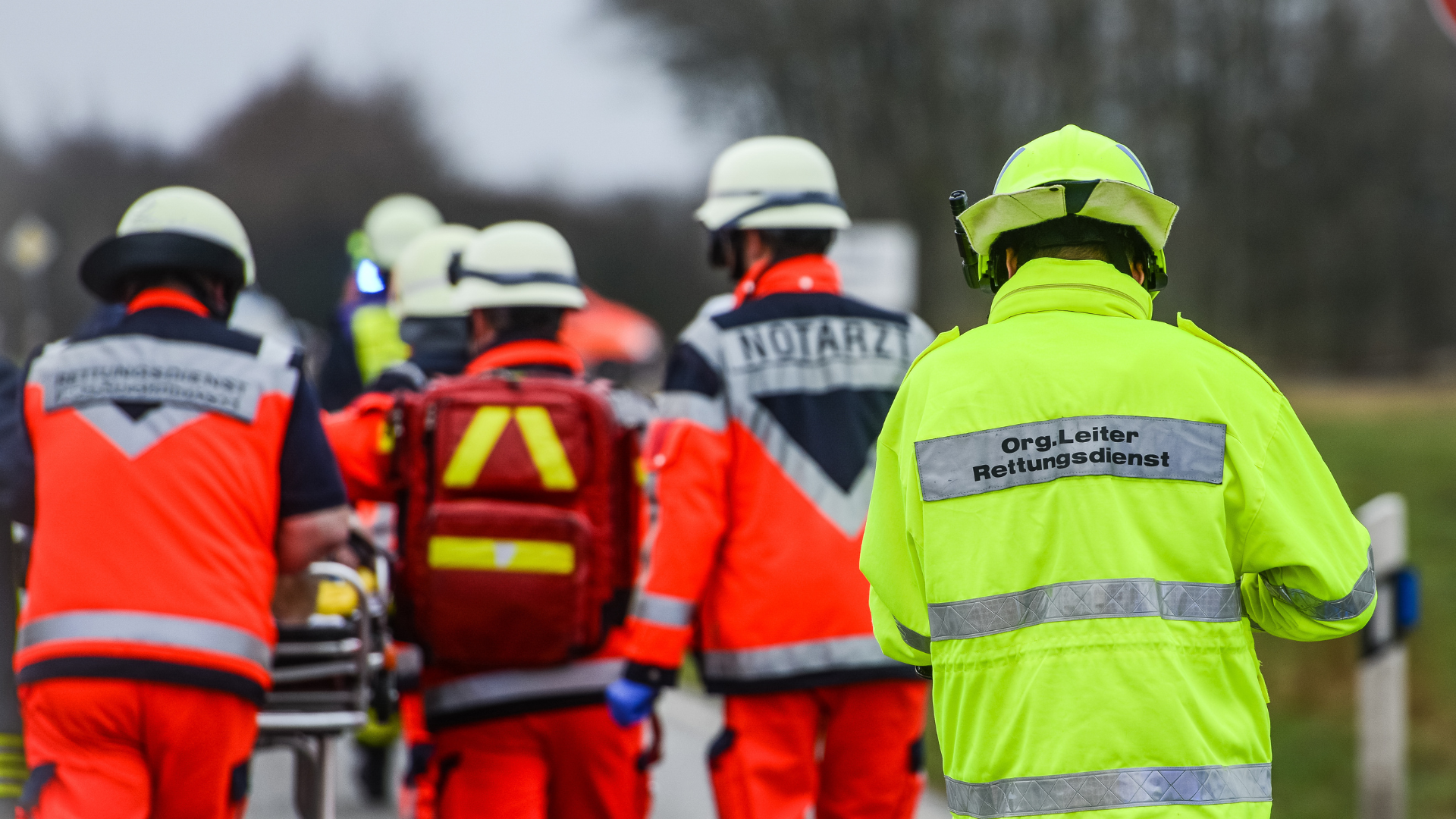Flowers in their hair, glitter on their faces, net tops, bare skin. In July 2010, thousands make their way to Duisburg to party, rave and dance at the Love Parade. On the way to the site, the revelers have to pass through a narrow tunnel. At the same time, others are making their way back. The tunnel becomes a bottleneck. The rush is huge, it is narrow, panic breaks out. While the emergency services on site try to get the situation under control, rescue workers are alerted to attend to the injured.
In order to be able to act more efficiently and effectively in such and other crisis situations, the interdisciplinary research project “ResKriVer − Communication and Information Platform for Resilient Crisis-Relevant Supply Networks“ was launched, which was funded by the German Federal Ministry for Economic Affairs and Climate Action (BMWK) over three years. As part of this project, Fraunhofer IML has developed two applications based on artificial intelligence (AI) in collaboration with the Berlin fire department that can support the decision-making processes of the Fraunhofer Crisis Team.
 Fraunhofer Institute for Material Flow and Logistics IML
Fraunhofer Institute for Material Flow and Logistics IML


